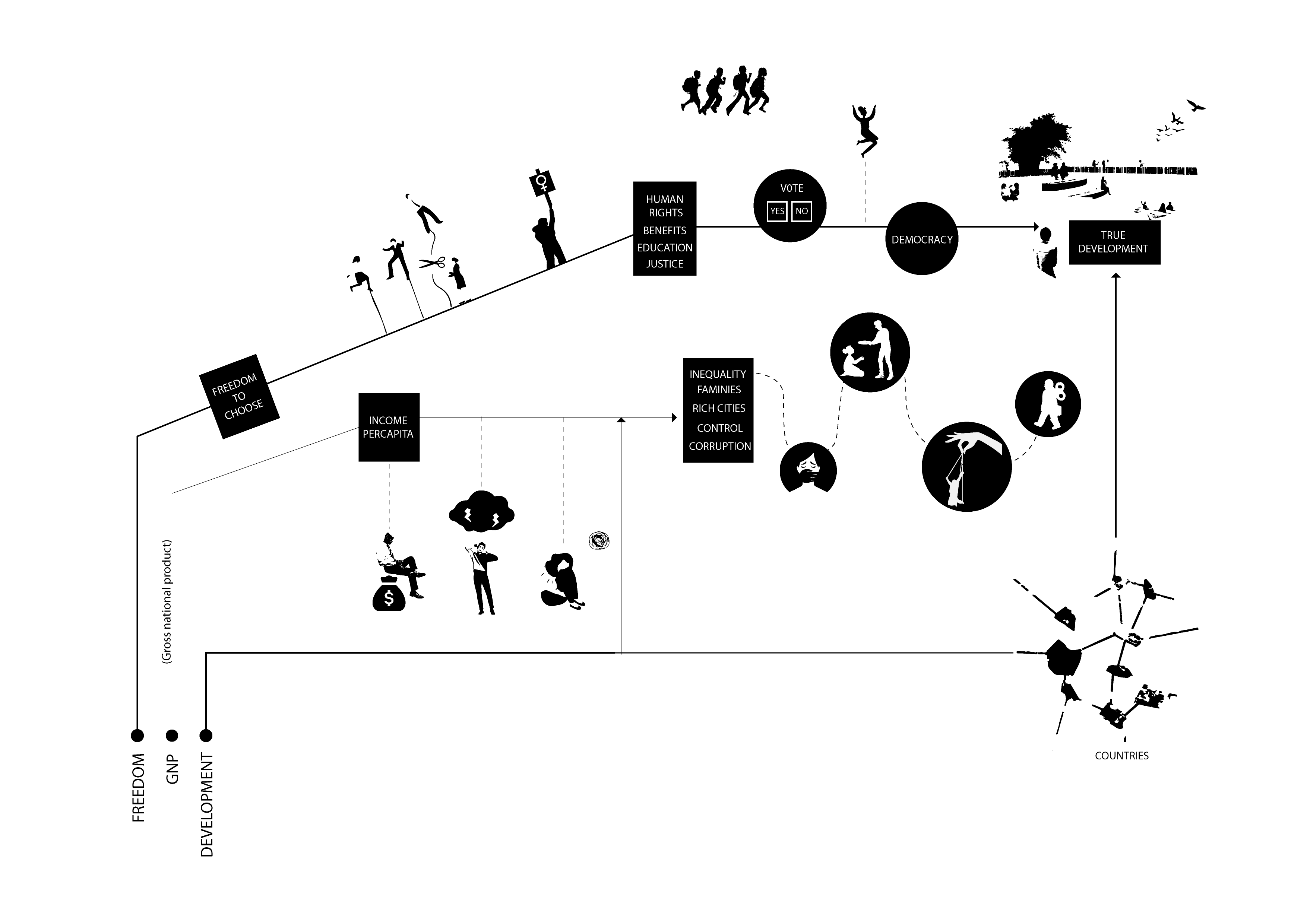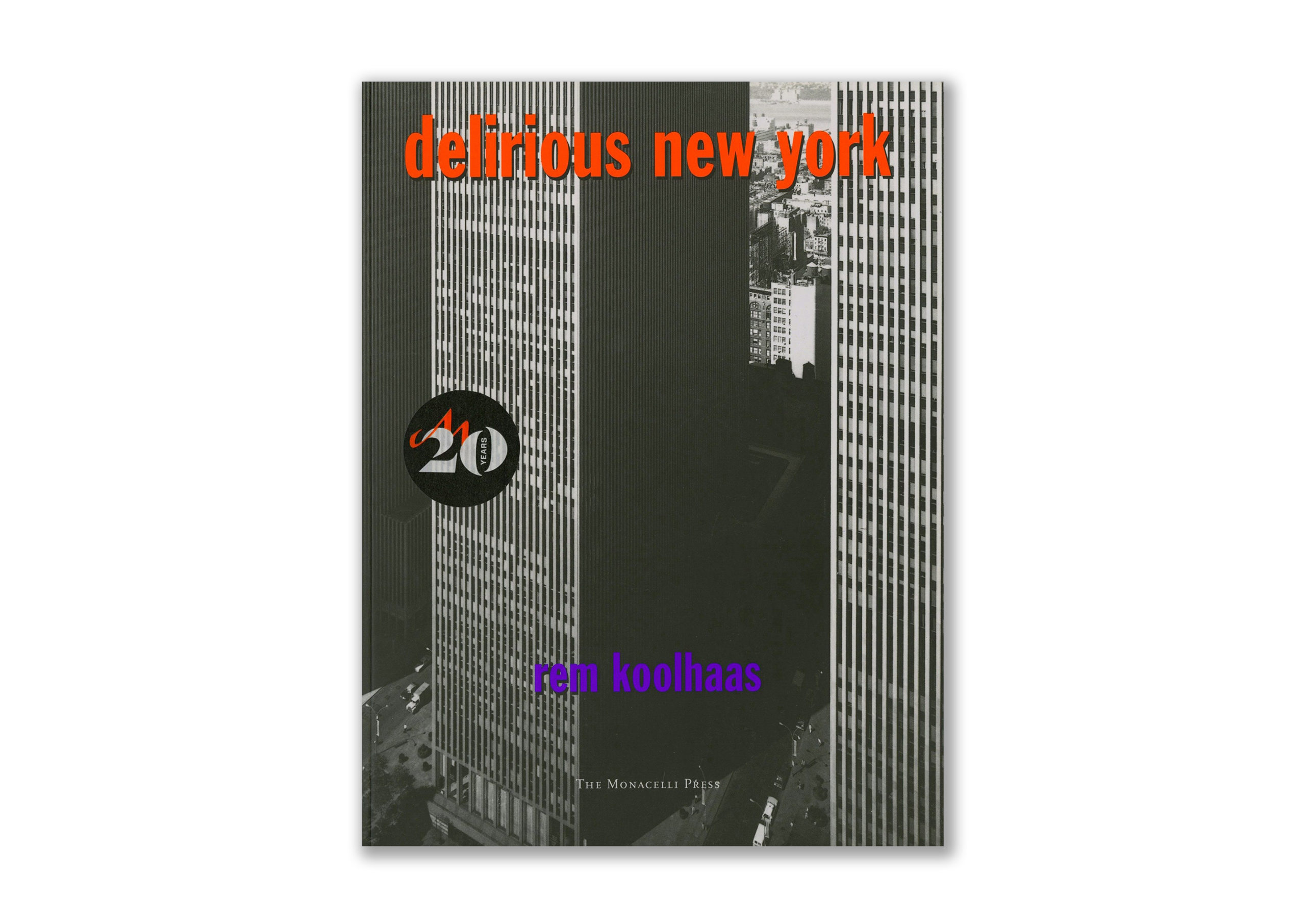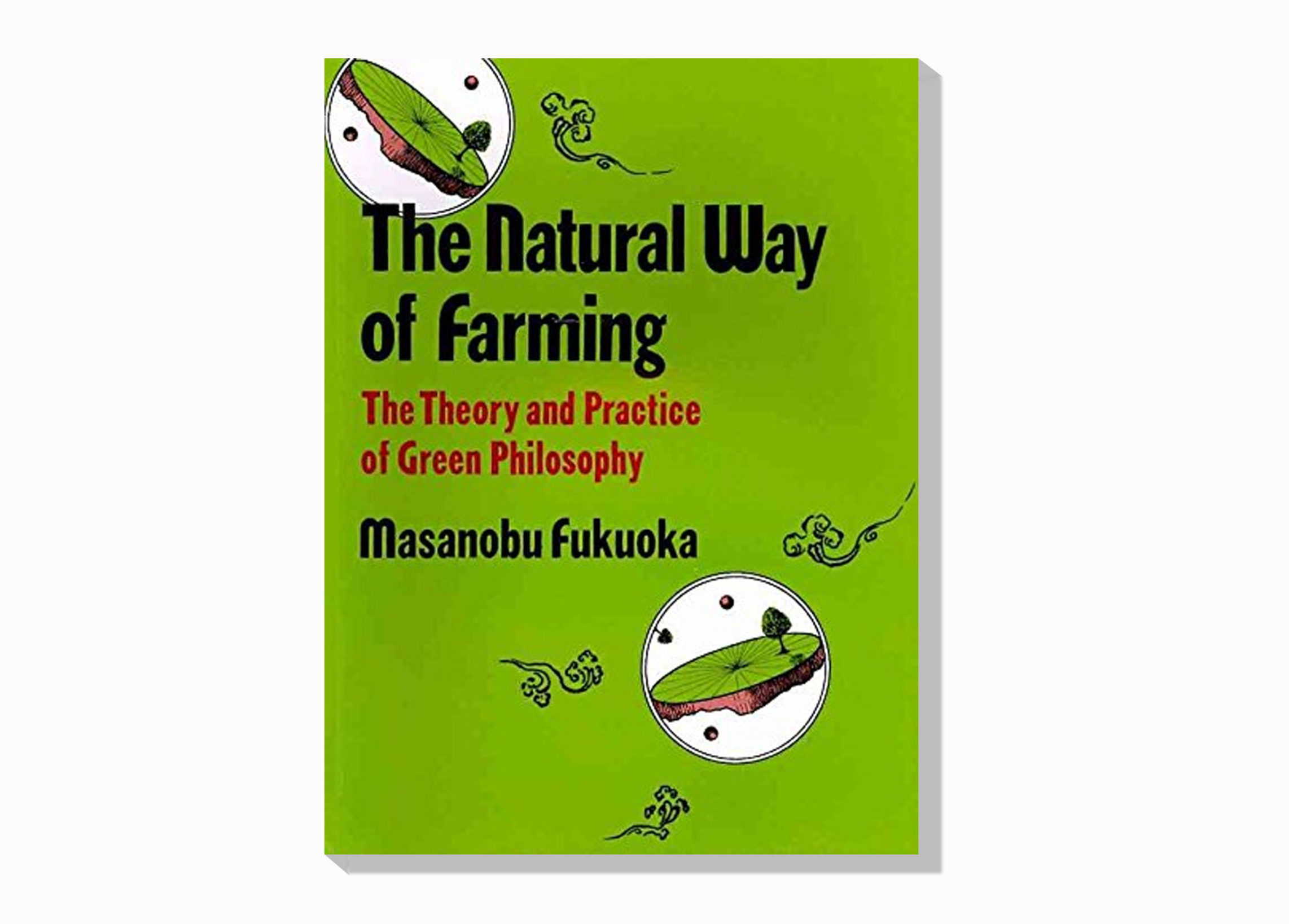Development As Freedom | Ecological Thinking
Development as Freedom is a book written by Nobel prize winner and philosopher Amartya Sen, which argues that development should be measured in terms of people’s freedom to choose the lives they value. Some of the main concepts addressed by Sen in the book are: Sen also explores various aspects of freedom, such as: Overall, … Read more










